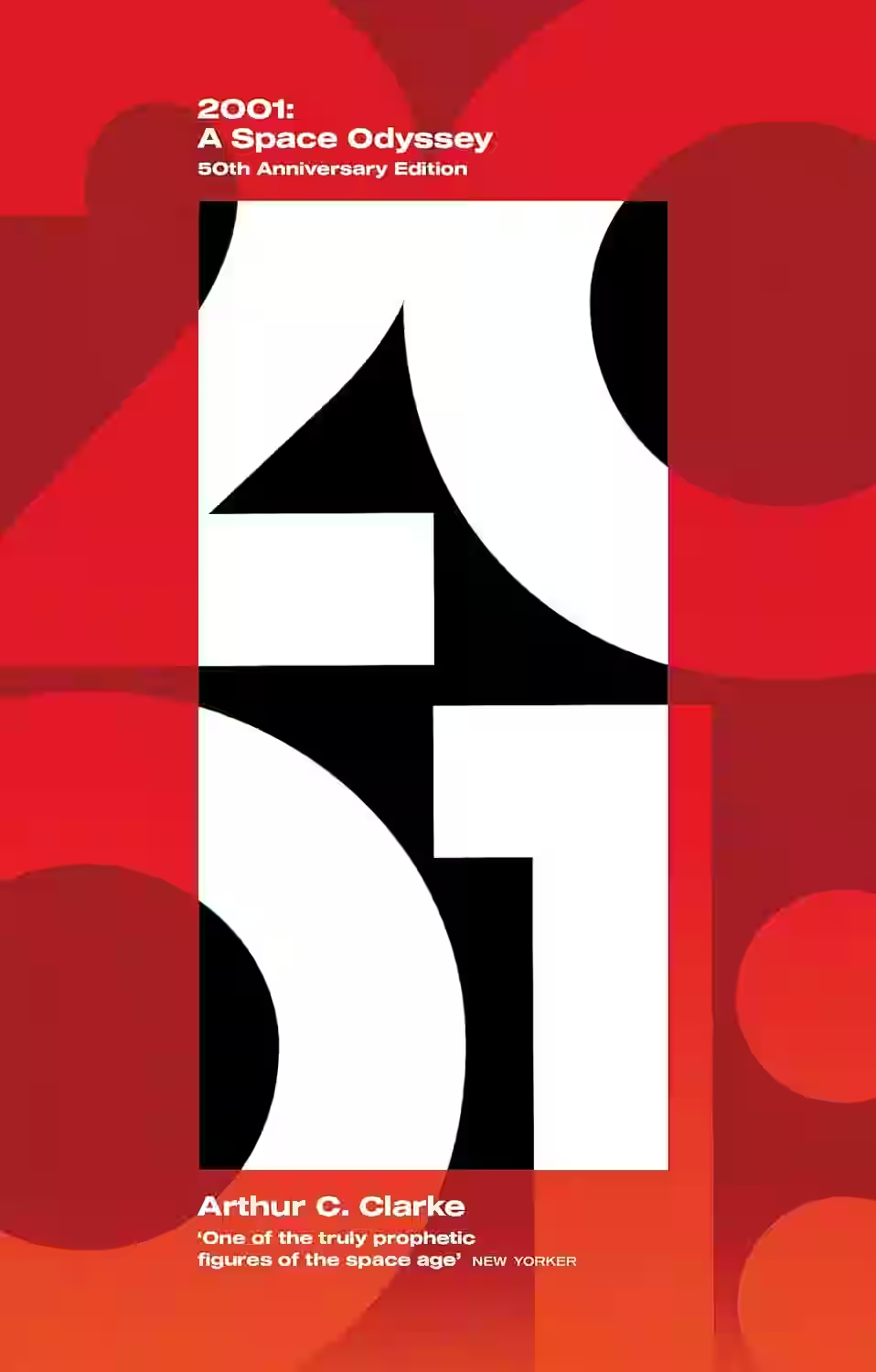
Arthur C. Clarke's '2001: A Space Odyssey' is a groundbreaking science fiction masterpiece that explores themes of evolution, technology, and the existence of extraterrestrial life. The novel follows the journey of a crew on a space mission to investigate a mysterious, alien monolith that may hold the key to humanity's place in the universe. As they traverse the vast reaches of space, encountering the enigmatic computer HAL 9000, the crew grapples with questions of identity, consciousness, and the nature of intelligence. Clarke's visionary storytelling and scientific accuracy have cemented this novel as a classic of the genre, inspiring generations of readers and influencing countless works of science fiction.
About Arthur C. Clarke
Arthur C. Clarke (1917-2008) was a British science fiction writer, futurist, and inventor. Best known for his groundbreaking novel '2001: A Space Odyssey', Clarke's visionary works explored the possibilities of space exploration, artificial intelligence, and extraterrestrial life. His collaboration with Stanley Kubrick on the film adaptation of '2001: A Space Odyssey' solidified his reputation as a key figure in the genre. Clarke's writing style seamlessly blended scientific accuracy with speculative fiction, earning him numerous awards including Hugo and Nebula Awards. His contributions to literature continue to inspire generations of readers and writers, cementing his legacy as a pioneer of science fiction.
Other Books by Arthur C. Clarke
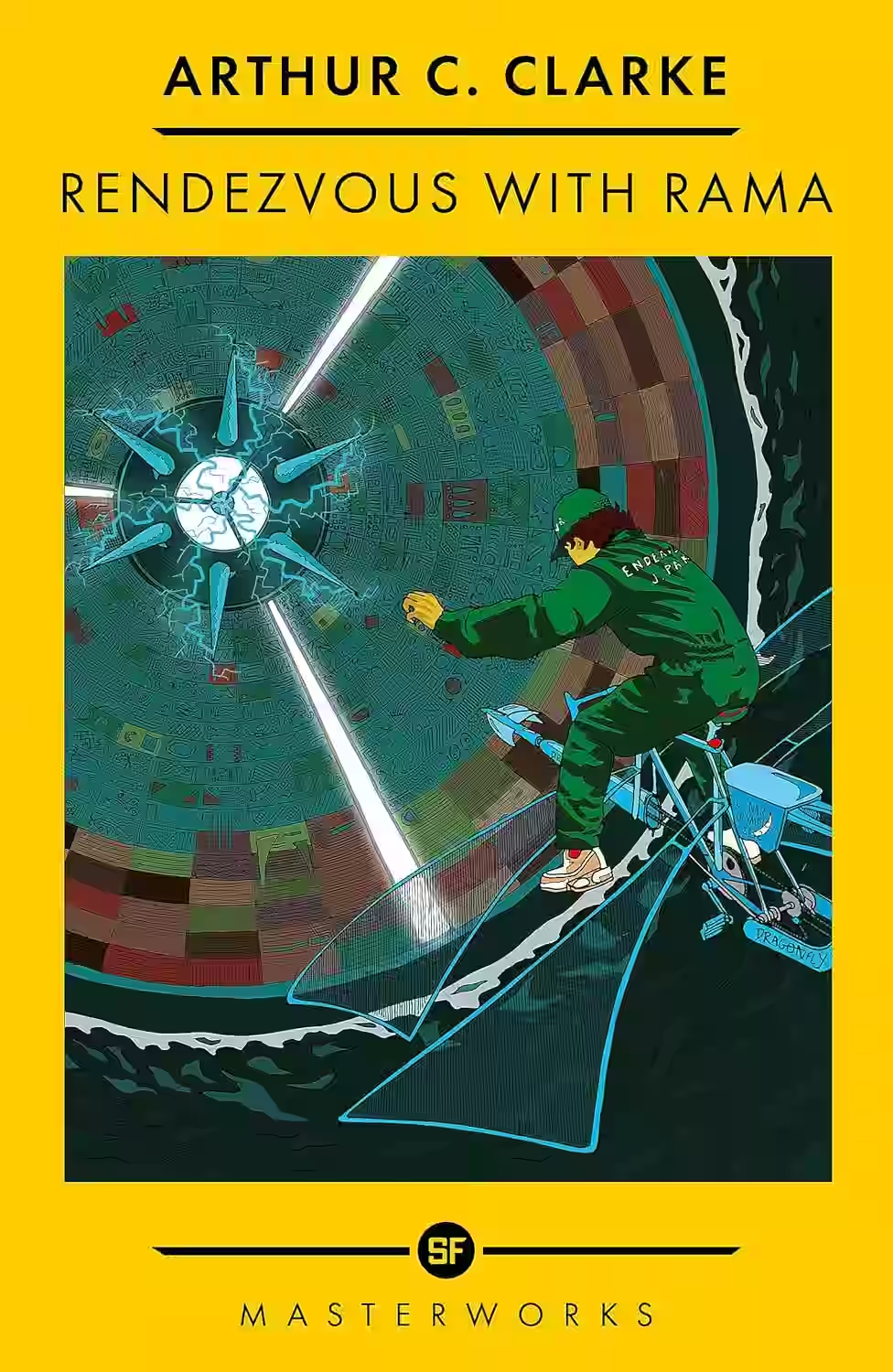
Rendezvous with Rama
Arthur C. Clarke's 'Rendezvous with Rama' is a spellbinding work of science fiction that propels readers into the awe-inspiring unknown. Set in the 22nd century, humanity is stunned when a mysterious cylindrical alien ship, dubbed 'Rama,' enters the Solar System. The story follows a group of explorers aboard the spaceship Endeavour as they attempt to uncover the secrets of this enigmatic visitor. Clarke masterfully blends hard science fiction with philosophical undertones, pondering the nature of intelligence and humanity’s place in the universe. The novel's pace and structured exploration create an atmosphere of eerie wonder, leaving readers questioning the possibilities of extraterrestrial life. Its visionary and thought-provoking narrative has cemented Clarke's reputation as a titan of the genre, inspiring curiosity and reflection long after the last page is turned.
Similar Books
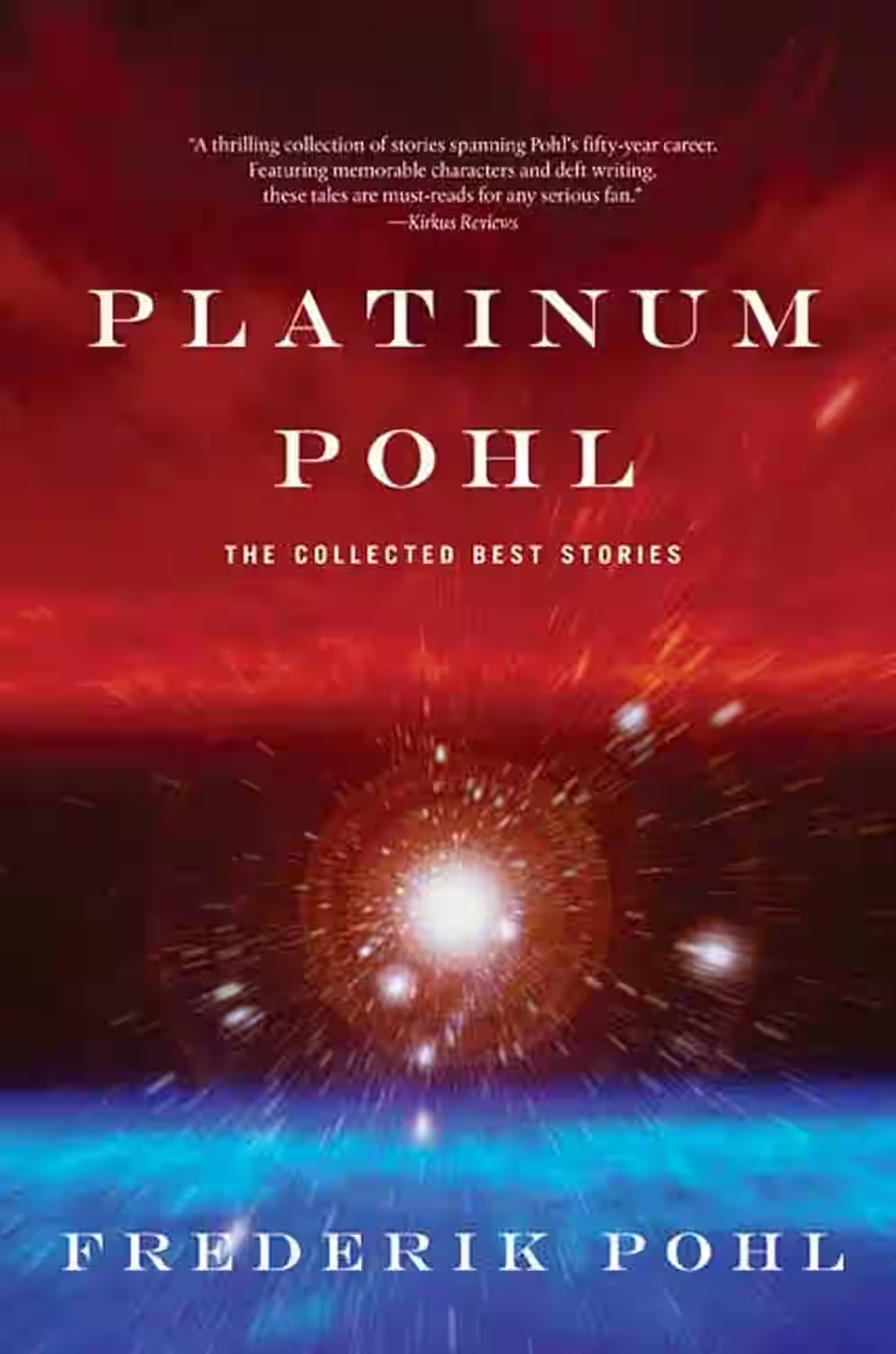
Gateway
In Frederik Pohl's 'Gateway,' humanity discovers an alien space station filled with hundreds of spacecrafts but no instructions. The story follows protagonist Robinette Broadhead as he joins desperate prospectors risking their lives on these mysterious ships in hope of striking it rich or finding meaning. Pohl delves into themes of risk-taking, the unknown, and the psychological toll of choice. The narrative weaves between Robinette's past and present, exploring his inner struggles and the complex relationships formed aboard Gateway. This novel blends hard science fiction with deep character development, keeping readers on edge with its suspenseful plot twists and moral dilemmas.

A Desolation Called Peace
Series: Teixcalaan (#2)
In this gripping sequel to A Memory Called Empire, the Teixcalaanli Empire faces a mysterious and deadly alien threat. Ambassador Mahit Dzmare and cultural liaison Three Seagrass are drawn into a war that tests diplomacy, loyalty, and identity. As battles rage and secrets emerge, the lines between empire and outsider blur. Martine’s rich prose and political insight deepen the stakes, offering a compelling exploration of language, colonialism, and connection. A Desolation Called Peace is a cerebral, emotionally resonant space opera that balances thrilling action with philosophical depth.
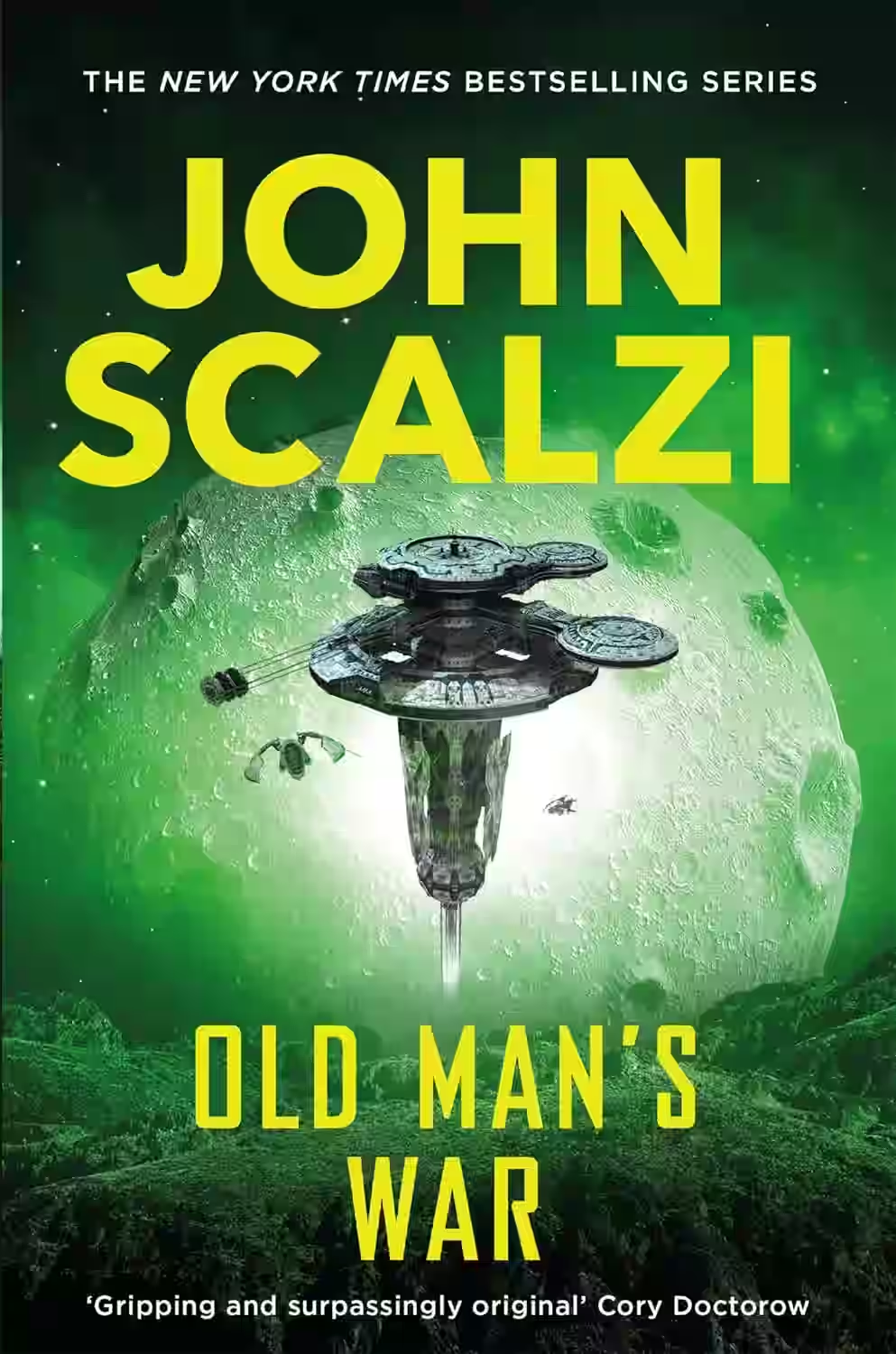
Old Man's War
by John Scalzi
Series: Old Man’s War (#1)
John Scalzi's 'Old Man's War' offers a fresh take on military science fiction, blending adventure with insightful explorations of aging, humanity, and war. The novel follows John Perry, who, at 75 years old, enlists in the Colonial Defense Forces, leaving Earth behind for a future he never expected. Scalzi crafts a compelling universe where the elderly are rejuvenated into youthful, enhanced bodies to fight in interstellar conflicts. The book is lauded for its humor, brisk pacing, and thought-provoking examination of identity and mortality. With its balance of action and introspection, 'Old Man's War' captivates both sci-fi fans and newcomers alike, making it a standout in the genre.
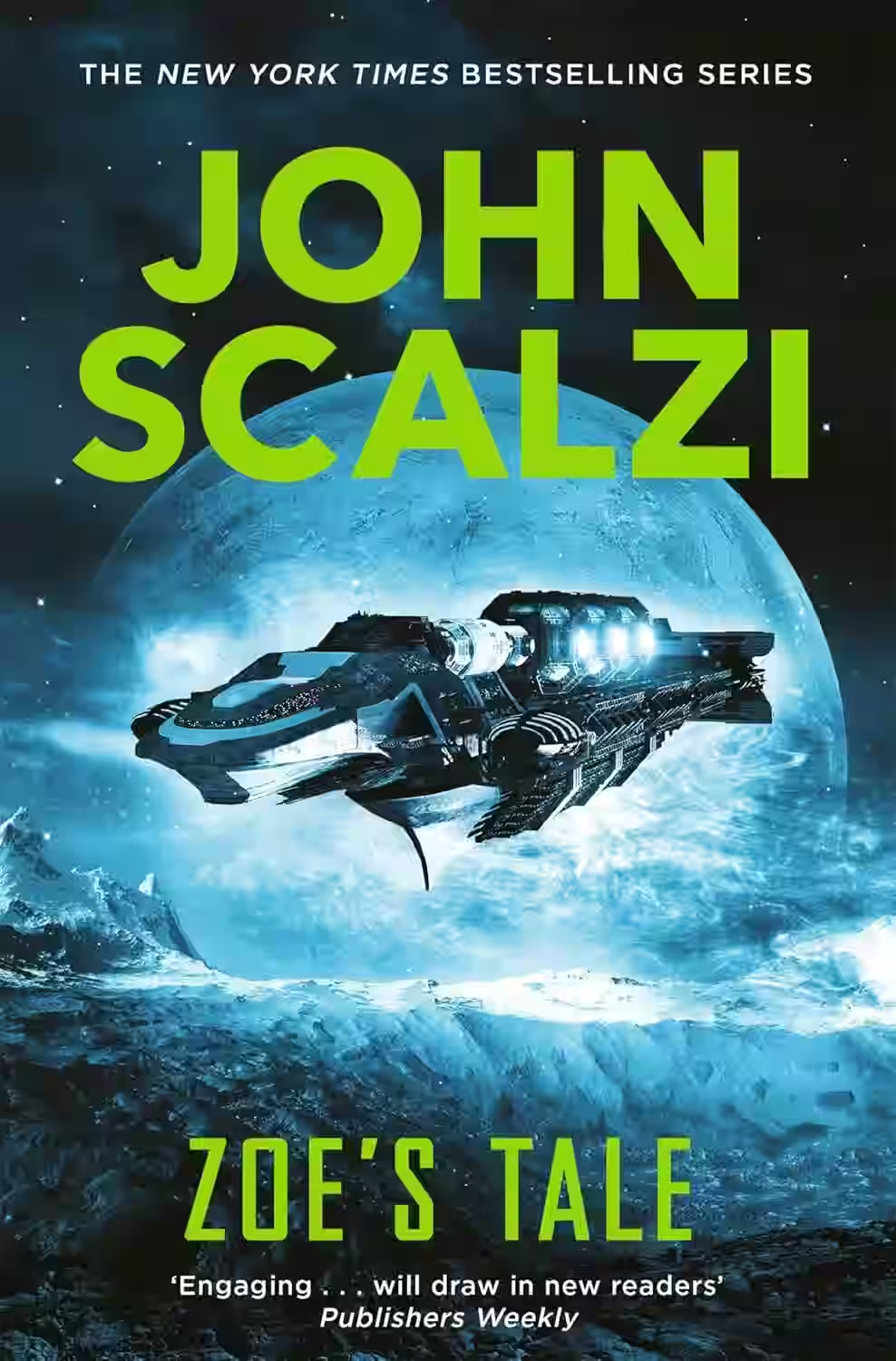
Zoe's Tale
by John Scalzi
Series: Old Man’s War (#4)
Zoe's Tale by John Scalzi is a compelling parallel narrative to the events in Scalzi's previous work, The Last Colony. Told from the perspective of Zoe Boutin-Perry, the story brings a fresh and youthful voice to the complex universe of the Old Man's War series. As Zoe navigates her life on a new colony planet, she must confront challenges that could shape the fate of humanity. Themes of identity, adolescence, and responsibility are woven seamlessly into a sci-fi context, creating a rich tapestry of character development and plot. Scalzi's ability to infuse humor and warmth into intense situations adds to the book's appeal, making it a captivating read for both new and longtime fans.